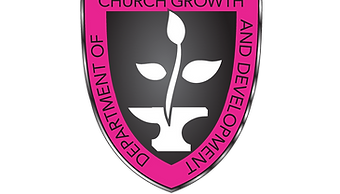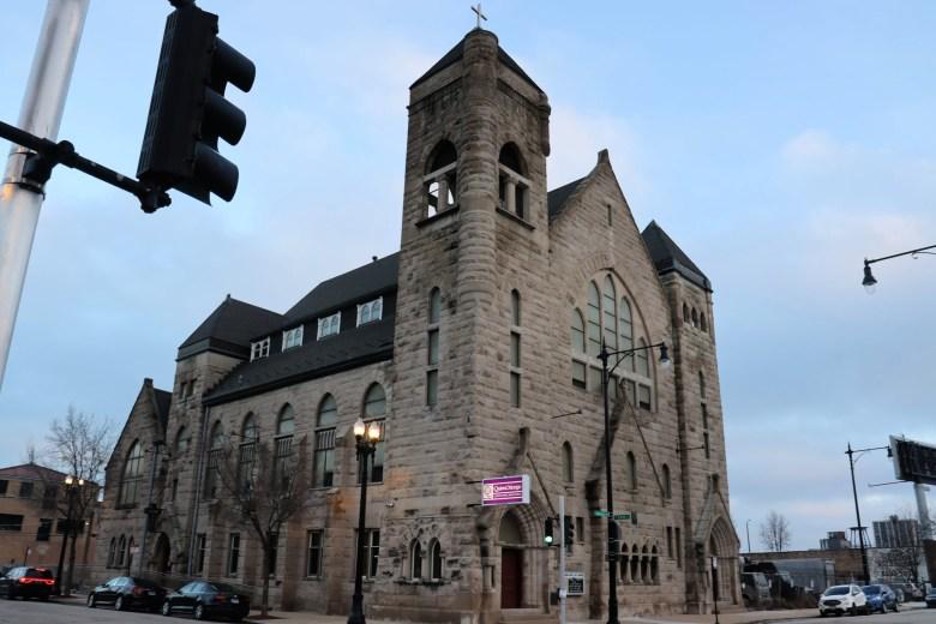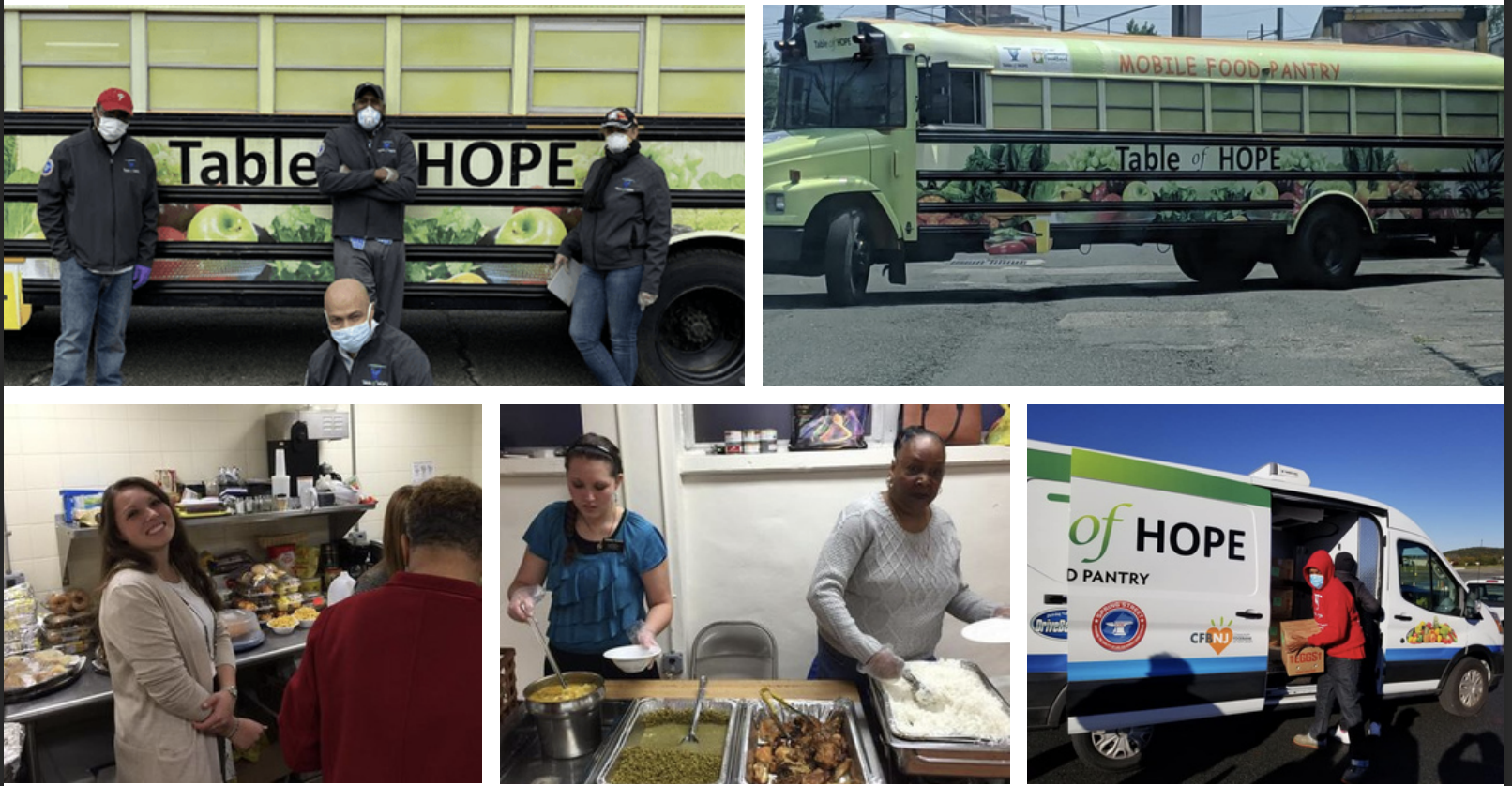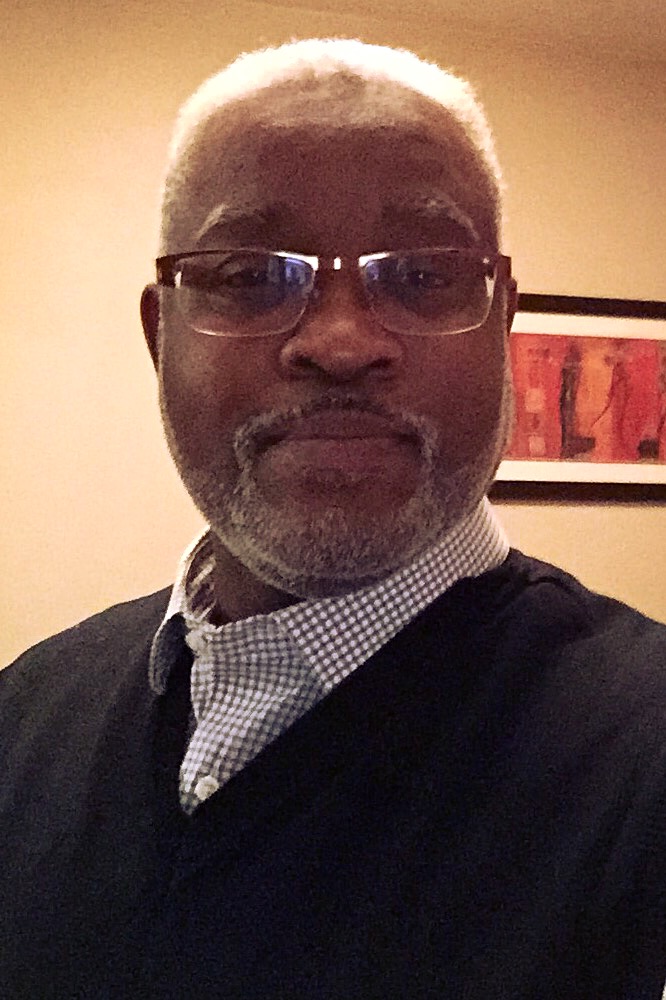By Kiratiana Freelon, Columnist
Deborah Taylor King’s ultimate wish is for her 19-year-old grandson to get the COVID-19 vaccine. She has done everything to convince him to do it. She constantly sends him info about coronavirus and the vaccine. She always invites him to local vaccination clinics. During last year’s holidays, she packed a plate of soul food for him because he was banned from entering her house.
“He refuses to take the shot because he thinks he is invincible,” said Taylor King, president of the African Methodist Episcopal Church Women’s Missionary Society (WMS-AMEC) and a member of the Grant AME Worship Center in Austin, Texas. “I have done everything humanly possible. I’ve even tried to bribe him, but I know that is not right.”
So WMS-AMEC’s latest project— a nationwide COVID-19 Vaccine public health campaign—hits very close to home for her. The 800,000-member group has partnered with the U.S. government’s Health and Human Services (HHS) to implement a COVID-19 vaccine campaign that not only targets African-Americans in Ohio and Georgia but will reach African-Americans nationally through podcasts, public service announcements, and social media. The goal of the campaign, aptly called “We Can Do This,” is to reach unvaccinated people who have been misinformed or who mistrust the vaccine. This partnership could not have come at a more crucial time in the United States’ fight against the coronavirus pandemic. As Omicron rages across the U.S., the country recently recorded the most number of COVID-related deaths since before vaccines were available—an average of 2400 deaths over the last seven days before February 1. Nevertheless, COVID vaccines work, and WMS-AMEC is on a life and death mission to convince the holdouts—and everyone knows at least one holdout— to vaccinate.
“The only way we are going to change COVID is by joining powerful forces like HHS,” Taylor-King said. “We have to be the voice. We will not allow misinformation to continue to keep from combatting and conquering COVID.”
The AME Women’s Missionary Society is one of the oldest African-American women’s organizations in the United States. Its members, who span four continents and more than 30 countries, have been committed to winning souls to Christ, health, economic, peace, and justice issues for the last 148 years—since 1874. Although it falls under the AME church, it is a freestanding non-profit organization with its 501c3 designation. So when national and international crises hit, WMS springs into action because, as Taylor-King affirms, “We are a global church with a global ministry, and we serve a global God.”
Although the U.S. was one of the first countries in the world to offer mass vaccination to its citizens last year, only 64% of its population is fully vaccinated. Even Brazil, which did not have enough vaccines until six months after the U.S., is 70% fully vaccinated. And U.S. vaccination rates vary across states, gender, class, age, race, and ethnicity. For example, in Ohio, Black residents are underrepresented among the vaccinated. The state is 12.5 percent Black, but Blacks only make up 10 percent of all vaccinated people. In Georgia, Black people make up 31 percent of the population but makeup only 27 percent of vaccinated people.
Additionally, Georgia and Ohio rank among the ten worst states with the lowest partial vaccination rates, 62.1 percent and 63.5 percent, respectively. And then, there is the significant national age gap. Among adults, 18-25-year-olds and 26-34 have the lowest partial vaccination rates, 75.2 percent, and 77.9 percent, respectively.
Aside from being underrepresented in vaccination rates in several states, Blacks in the U.S. also suffered disproportionately from COVID when the pandemic began at the beginning of 2020. In the American epicenter of the outbreak, New York City, Blacks died from COVID at twice the rate of their white peers. Unfortunately, new York City was not alone. Data compiled until April 20, 2020, painted a grim picture of health inequities. In Wisconsin, black people represent six percent of the population and nearly 40 percent of COVID-19 fatalities. In Louisiana, black people make up 32 percent of the state’s population but almost 60 percent of fatalities. In Kansas, six percent of the population is black, yet black people account for more than 30 percent of COVID-19 deaths. Those numbers have turned a tide as the pandemic progressed, but the damage was already done. Vaccine naysayers started to use the virus’ tragic run through Black communities to convince people not to vaccinate.
As an advocate for the campaign, Patricial Russell-McCloud, Esq., Missionary Supervisor of the 3rd District, noted, “The misinformation that has been shared over the life of COVID is killing people.” Dr. Russell-McCloud, Esq., reminds the unvaccinated that “You may be six feet under before you make up your mind about the vaccine. There has to be an urgency of now while you are still thinking about the variant. You need protection. An unvaccinated person cannot have a wake-up call and look at a physician or nurse and say can I get the vaccine now? That would be called too late.”
With their massive reach across the U.S. and the world, WMS-AMEC and the AME church are in a perfect position to fight misinformation among Black Americans. The WMS and the AME Church have long been at the forefront of social justice issues that affect African-Americans, and COVID is no different. Dr. Delores Bolden-Stamps helped WMS obtain the Human Health Services grant to implement the campaign in January and February 2022. “That was a real opportunity to meet the terms of the grant and be a part of this national initiative,” Bolden-Stamps said. “It was an opportunity to cast down our bucket where we are in our denomination. Our public is clearly people of color.”
Bolden-Stamps also helped formulate the campaign, which uses the rich resources of the connectional church to reach the unvaccinated on the ground and through digital channels. The campaign launched with PSAs and social media posts that reached WMS’ 800,000 members in January. In February, there will be three Boots on the Ground Health Fairs in Ohio, collaborating with health care experts, health care agencies, medical school, and social service agencies. The WMS-AMEC newsletter, which reaches 300,000 people, will feature exclusive COVID-19 content in February. At the end of January, the WMS-AMEC Executive Board meeting featured a COVID panel discussion that included representatives from the Morehouse School of Medicine. The Christian Recorder will feature three informational pages focused on COVID-19 in February. PSAs recorded last month will be distributed on social media and at HBCU sporting events in Georgia and Ohio. Of course, WMS-AMEC utilized its youth network. Last month the Young People’s Department (YPD) recorded a webinar focused on COVID-19 misinformation.
While much of the campaign utilizes the connectional church’s digital resources, WMS-AMEC relies on individual AME districts and churches to carry out the on-the-ground campaign. Bishop E. Earl McCloud, leader of the 3rd District, called on Reverend Dr. Aimee Anderson to spearhead the vaccination campaign in Ohio. When Reverend Anderson received the invitation, she was excited to take on the task, but she knew the campaign’s target was not her church members—St. Paul AME Church. All of her church members are vaccinated because this is a requirement for anyone to attend the services in the sanctuary.
We all have family members who have chosen not to be vaccinated. The Rev. Anderson recalls, “When I made the announcement of the vaccination fair and campaign, I could read their faces.” Rev. Anderson added that many made disgruntled faces that revealed their unhappiness with their unvaccinated friends and family members.
The 3rd District is partnering with a health agency to produce three vaccination and testing clinics throughout Ohio. They will hold the first at Zion AME Church in Delaware, Ohio. Most vaccination sites require scheduling in advance with an extensive online form. All the vaccination sites—AME churches— will welcome walk-ins for vaccines and testing. Anderson targets hesitant individuals, those in barbershops and beauty shops, people of color ages 12 and up. They have also pushed the campaign on local college campuses like Ohio Wesleyan University and the Methodist Theological Seminary of Ohio. “We are trying to get that college-aged group,” Anderson added.
This is the age group into which Taylor King’s grandson falls. “I truly believe that we all know someone … a family member, close friend, church member or even another missionary or young person…who isn’t vaccinated, and it is our responsibility for each of us to be a proactive and powerful force to change their resistance or hesitancy,” Taylor King said. “This is our COVID call to action! It is the responsibility of each of us to positively impact our COVID vaccine status.”






